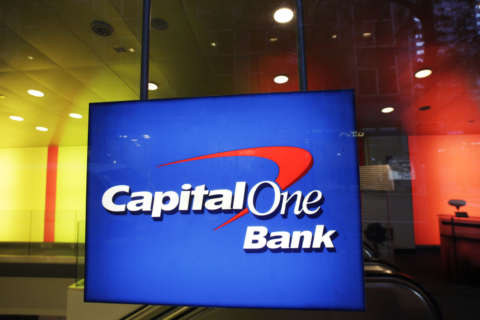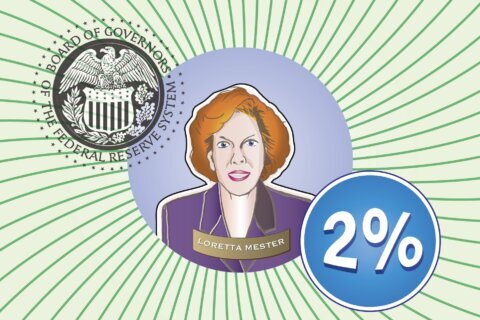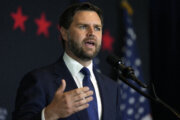WASHINGTON (AP) — Consumer confidence in the U.S. rose in May after three straight months of declines, though Americans are still anxious about inflation and interest rates.
The Conference Board, a business research group, said Tuesday that its consumer confidence index rose in May to 102 from 97.5 in April. Analysts were expecting the index to decline again.
The index measures both Americans’ assessment of current economic conditions and their outlook for the next six months.
The measure of Americans’ short-term expectations for income, business and the job market climbed to 74.6 this month from a dismal 68.8 in April. A reading under 80 can signal a potential recession in the near future.
Consumer expectations of a recession in the next year rose again in May but are still well below their peak in May of 2023. More than two-thirds of respondents to the survey said they believe a recession is “somewhat” or “very” likely in the next 12 months. That’s in contrast to the Conference Board’s survey of CEOs, only about a third of whom foresee a recession in the next 12 to 18 months.
The number of respondents who said they planned to buy a car rose slightly for a second straight month and those who said they planned to buy a major appliance rose for the first time in several months, the board said.
Consumers who said they plan to purchase a home remained at its lowest level since August 2012. Sales of existing homes slumped in April as high mortgage rates and rising prices discouraged potential buyers.
Consumers’ view of current conditions rose to 143.1 in May from 140.6 in April.
Most economic indicators show the U.S. economy in good shape by historical standards, though there have been some signs that it is cooling off.
The nation’s economy slowed sharply in the first quarter to a 1.6% annual pace in the face of high interest rates, down from a brisk 3.4% growth rate in the final three months of 2023.
Retail sales were flat in April from March’s 0.6% gain as prices remained elevated and high interest rates made shoppers more hesitant to put purchases on credit cards.
More cautious spending in the face of inflation has some big retailers offering discounts this summer. The latest quarterly earnings reported by big retailers show that while consumers have not stopped spending, they are becoming more price-conscious and choosy.
The board’s survey also showed that consumers’ confidence in the labor market improved in May, despite a slowdown in hiring a month earlier.
The labor market continues to churn out jobs, though not at the furious pace during the pandemic rebound. U.S. employers added 175,000 jobs in April, fewer than economists had projected and down from 315,000 in March. Even though the unemployment rate ticked up to 3.9%, it was the 27th straight month that joblessness has been below 4%, the longest stretch since the 1960s.
Copyright © 2024 The Associated Press. All rights reserved. This material may not be published, broadcast, written or redistributed.







